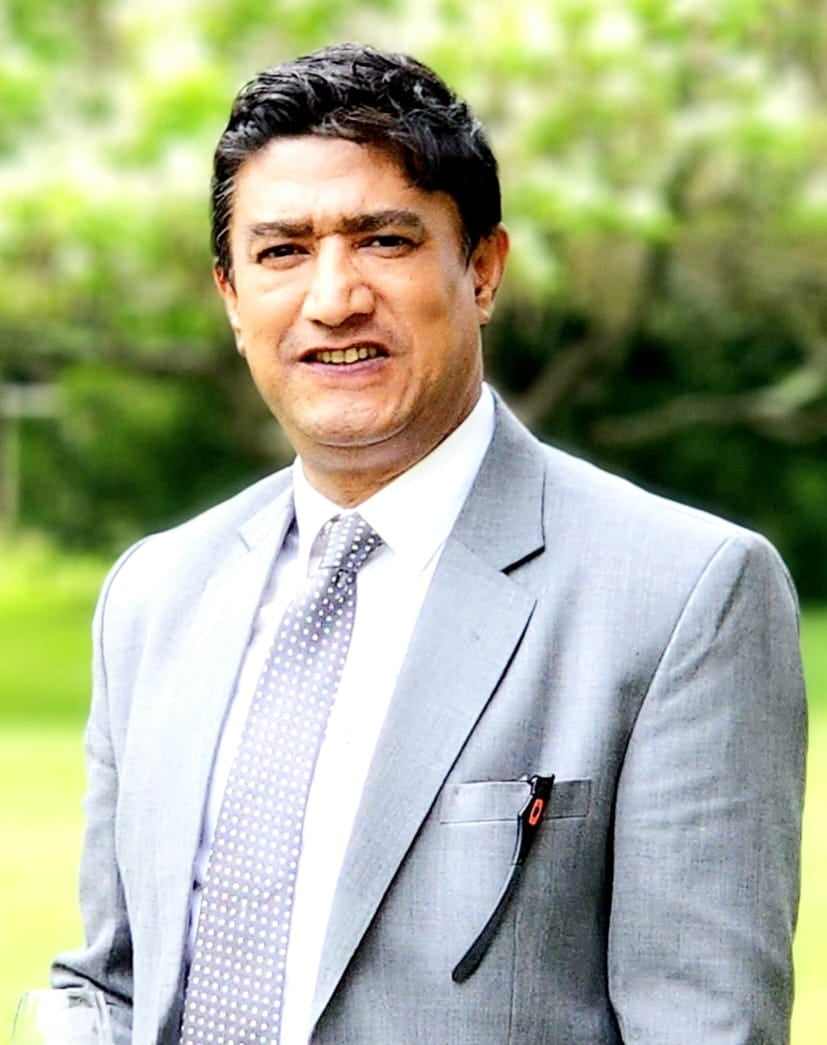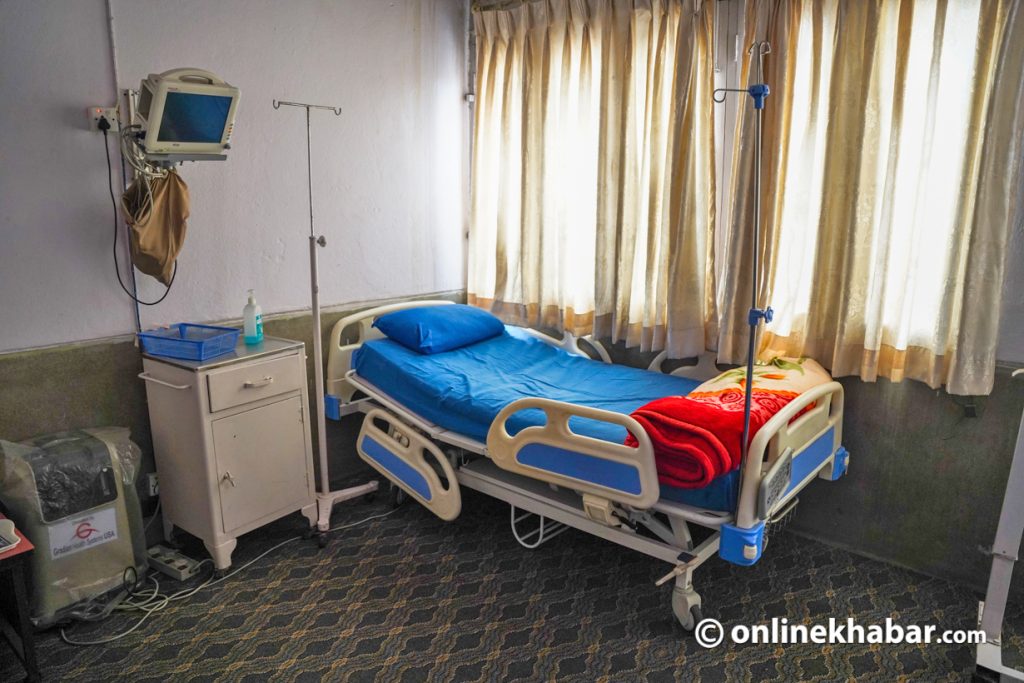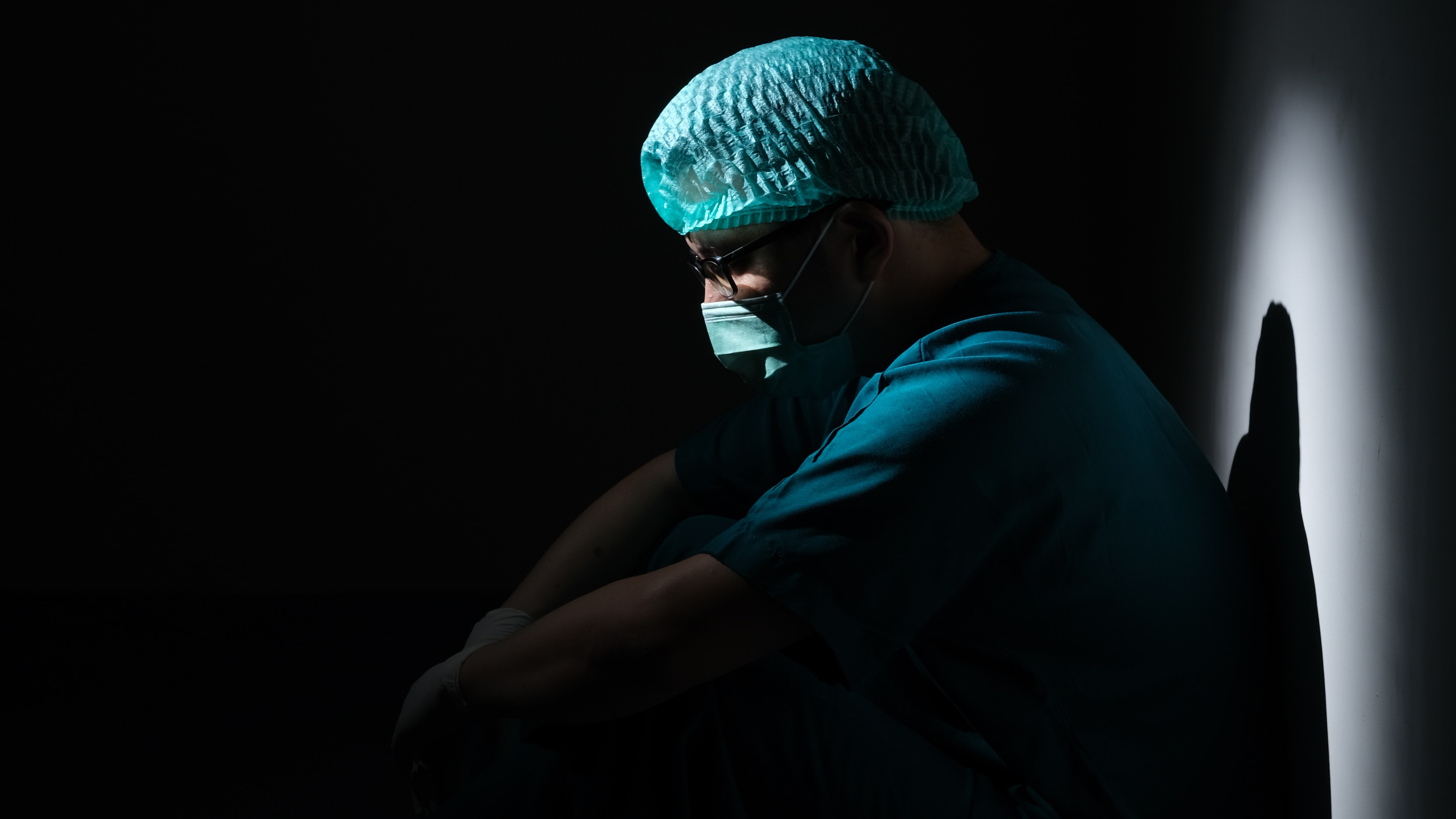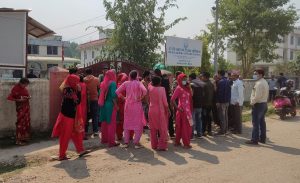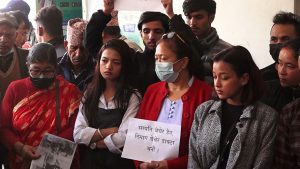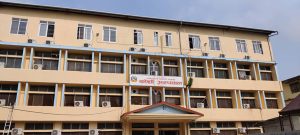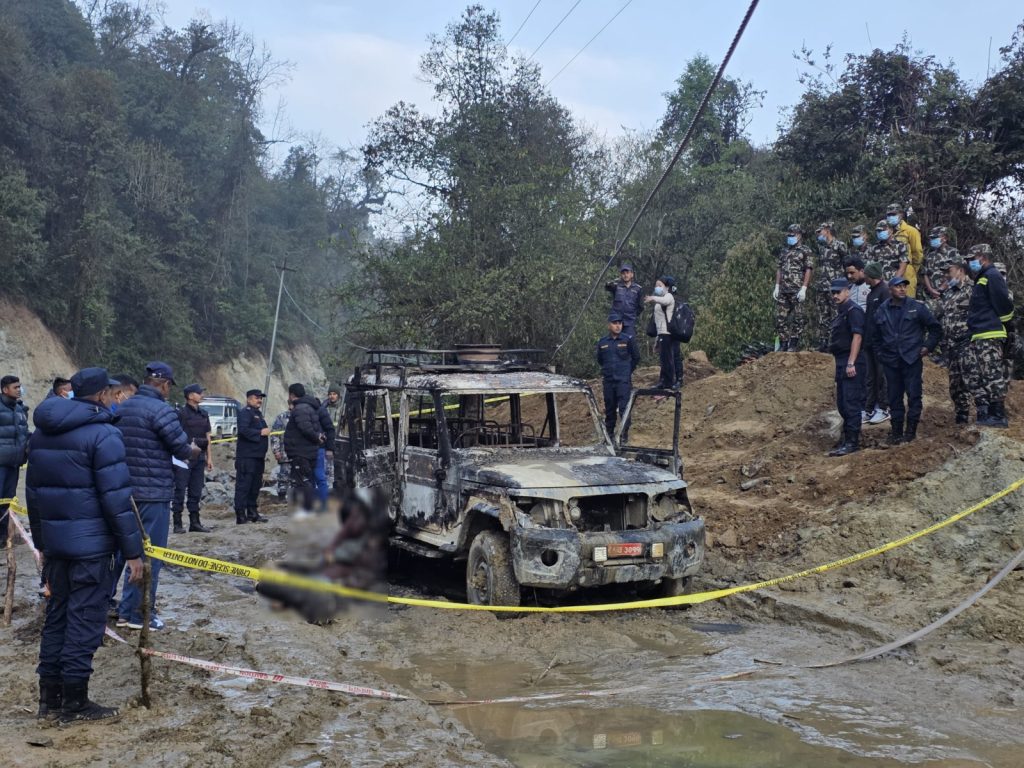
Do not regard doctors as gods, for they are not. They wholeheartedly put forth a genuine effort to help patients recover swiftly, and then they themselves turn to prayer for the same.
People have spent thousands of years exploring the intricacies of the human body, only to conclude that it is complicated, unfathomable, and dauntingly intricate—an elusive entity hidden within the fleshy sac of skin. This complexity has, in turn, kept our knowledge limited and left us in a state of relative ignorance.
The human body’s response to any disease condition or treatment procedure is unpredictable. With 13 organ systems working in concert, there are over 60,000 potential ways things can go wrong. To address various disease conditions, nearly 4,000 medical and surgical procedures, along with 6,000 drugs, have been licensed for use.
Despite sincere efforts and good intentions during the treatment of patients, the outcome may not always align with expectations. There are factors beyond the control of doctors. These unintentional and unfavourable consequences are referred to as complications or adverse events.
In spite of sincere effort with good intentions during the treatment of patients, the result may not always come out as expected. There is something beyond the control of the doctors. These unintentional unfavourable consequences are referred to as complications or adverse events.
Complications can occur to anyone and any time. Doctors exert every effort to prevent complications, but it remains unpredictable. It is like a meteorologist not being able to precisely predict when a hurricane will make landfall. Medicine is as much an art as it is a science. It does not operate like mathematics, where two plus two always equals four.
Easy to blame the hospital

Medical errors, however, are different from complications. These incidents occur due to shortcomings in hospital policies and systems. Factors such as insufficient human resources, extended work hours leading to fatigue, inadequate diagnostic tools, subpar hygiene standards, insufficient equipment and inefficiencies among doctors and nurses, as well as a lack of discipline among staff, are among the primary contributors to treatment errors. Importantly, all of these issues are preventable.
Governing bodies must maintain vigilant oversight and only permit hospitals to operate if they meet the highest criteria for patient safety. Establishing a dedicated quality control department within hospitals would be instrumental in continuously monitoring and ensuring patient safety.
But what about other cases where the patient dies despite the doctors trying their best?
Driving a vehicle after drinking alcohol is illegal. If this person causes an accident under the influence of alcohol it is considered a severe offence. During the accident, if the driver sustains severe injuries, s/he is rushed to the hospital’s emergency room, where doctors, nurses, and paramedical staff work tirelessly to save the person’s life.
In cases where the hospital is unable to save a life, a mob may gather and place blame on the hospital, accusing them of negligence. How can they forget that the person was rushed to the hospital due the his/her negligence? Is drink driving not a crime?
I will give you another example. A baby left unattended on a terrace falls, sustains head injuries and dies during treatment. Who do people blame? Yes, the hospital while no one tells anything to the parents or relatives.
Doctors are not monsters!

I am not trying to say doctors do not make mistakes for hospitals are not careless. To err is human, but intentional wrongdoing should never be excused. The Institute of Medicine at New York University published alarming data in 2013, revealing that in the USA, medical errors stand as the third most common cause of death being cardiac and cancer in second. Shockingly, it is estimated that nearly 440,000 people die annually due to medical errors, equating to more than 50 people every hour. This underscores the urgent need for ongoing improvements and vigilance within the healthcare system.
However, that said, it is important to differentiate between complications and medical errors. The determination should be made by a panel of experts, not by a mob. Proven medical errors must always be rectified, punished, and compensated. However, there should never be any negotiation or compromise in the case of complications and adverse events because they are neither errors nor negligence.
Violence in the medical sector should be condemned. It is driving doctors and nurses away from the country.
Doctors and nurses never have any intention to harm their patients. The most joyful moment for them is when a patient recovers well. They have saved thousands of lives, often without receiving the recognition they deserve. It is unfortunate that out of thousands of successful cases, one complication can become viral, leading to widespread criticism and abuse.
It is the patient’s right to choose their treating doctor and hospital. A wise decision should be made based on the knowledge of the doctor and the hospital’s track record. Additionally, it is the duty of the doctor to thoroughly counsel the patient and their family regarding the disease process, treatment protocols, potential complications, and prognosis.
Patients and their families should also not hesitate to ask their doctors any logical questions for clarification. It is worth noting that doctors also have the right to choose their patients.
Lack of communication or misunderstandings can be a significant factor in creating tension between patients, their families, and doctors. Encouraging and enforcing better communication and counselling practices should be a priority for hospital management. This proactive approach will undoubtedly help in reducing misunderstandings among all parties involved.


